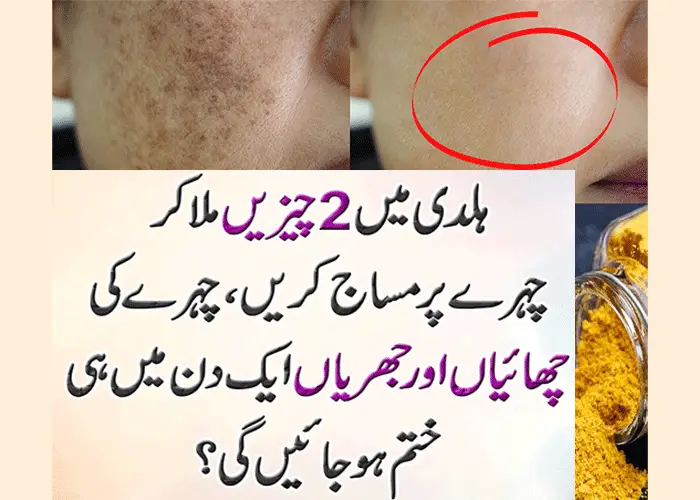Premature grey hair can be a concern for many individuals. This guide delves into medical treatments for managing and addressing premature greying, providing insights into nutritional interventions, therapies, and advanced medical solutions.
Introduction
While greying is a natural part of aging, experiencing premature grey hair can be distressing. Understanding the medical treatments available can offer solutions to slow down or reverse the process. Let’s explore the various approaches to tackling premature greying.
Nutritional Interventions
1. B Vitamins:
Deficiencies in B vitamins, particularly B12 and B7 (biotin), have been linked to premature greying. Incorporating foods rich in these vitamins or considering supplements can be beneficial.
2. Iron and Zinc:
Low levels of iron and zinc are associated with premature greying. Ensuring an adequate intake of iron through foods like lean meats and leafy greens, and zinc through nuts and seeds, can support hair health.



3. Antioxidant-Rich Diet:
Consuming a diet rich in antioxidants, including fruits and vegetables, helps combat oxidative stress, a factor contributing to premature greying.
Therapies for Premature Grey Hair
1. Mesotherapy:
Mesotherapy involves injecting a mixture of vitamins, minerals, and amino acids directly into the scalp. This therapy nourishes hair follicles and may help slow down the greying process.
2. Laser Therapy:
Low-level laser therapy (LLLT) stimulates hair follicles, promoting hair growth and potentially delaying the onset of grey hair.
3. Platelet-Rich Plasma (PRP):
PRP therapy involves using the patient’s own blood components to stimulate hair follicles, potentially slowing down the greying process.
Advanced Medical Solutions
1. Topical Medications:
Prescription medications, such as topical minoxidil, may be recommended to promote hair growth and slow down premature greying.
2. Hormone Replacement Therapy:
Hormonal imbalances can contribute to premature greying. Hormone replacement therapy, under medical supervision, may help restore balance.
3. Melanin Replacement:
Innovative treatments involving the replacement of melanin, the pigment responsible for hair color, are being explored as potential solutions for premature greying.
FAQs: Premature Grey Hair Medical Treatments
Q: Can stress cause premature greying?
A: While not directly proven, chronic stress may contribute to premature greying. Stress management techniques can be beneficial.
Q: Are there side effects to medical treatments for premature grey hair?
A: Side effects vary depending on the treatment. Consultation with a healthcare professional is crucial to understanding potential risks.
Q: How long before results are noticeable with medical treatments?
A: Results vary, and patience is key. Some treatments may show results in a few months, while others may take longer.
Q: Can genetics play a role in premature greying?
A: Yes, genetics can influence premature greying. If it runs in the family, the likelihood of experiencing it increases.
Q: Is it possible to reverse premature greying completely?
A: Complete reversal may not be possible, but certain treatments can slow down the process and improve the overall health of the hair.
Q: Are these medical treatments suitable for everyone?
A: Medical treatments should be personalized based on individual health conditions. Consultation with a healthcare professional is advised.
Conclusion
Premature grey hair can be a complex issue with various contributing factors. Exploring medical treatments, from nutritional interventions to advanced therapies, provides individuals with options to address and manage premature greying. Consultation with a healthcare professional is crucial to determine the most suitable approach for individual needs.



